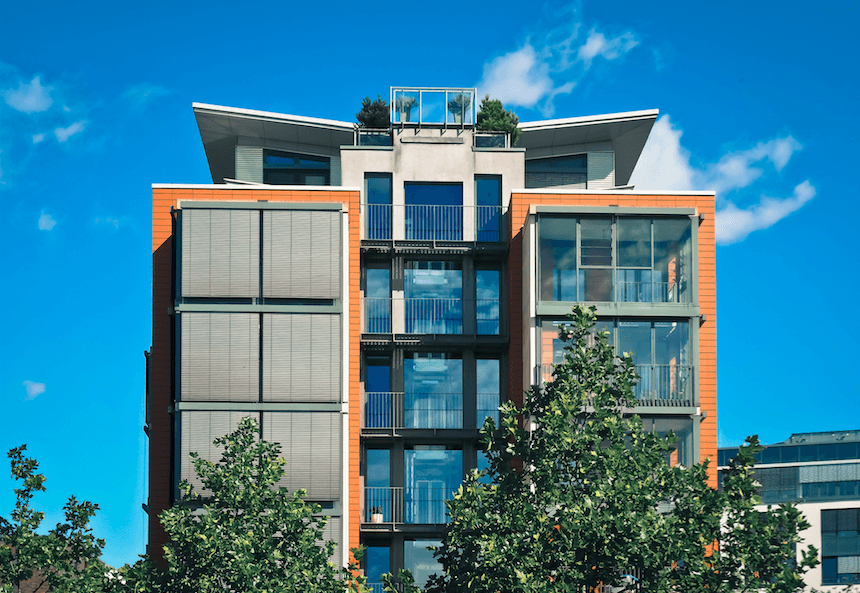Managing multi-family real estate is a complicated matter. Dealing with the resulting problems is, of course, best done before you have a flood of complaints from tenants. Here are six very common problems, and what you can do to fix them before they result in a bad day for everyone.
1. Parking
One of the common complaints of tenants is that there is not enough parking. Reserved spaces can help, but then guests show up and far too many buildings shunt them into a satellite lot or tell them to find parking on the street. Good multi-family parking solutions can help – especially smart parking solutions that track spaces, allow unused spaces to show as available and can let guests use spaces not occupied by tenants smoothly
2. Pests
It’s very hard to keep vermin out of large buildings altogether, but a good maintenance pest control solution can help reduce the cries of “There’s a cockroach in my kitchen…again.” Both in-unit and common area maintenance should be done regularly. It also helps to give information on pest reduction to your residents – ask them to empty the trash regularly and report pests immediately. For common areas, keep them clean and empty all trash cans at least once a day and immediately after resident events.
3. Maintenance Issues.
Things break. Tenants will judge you on how quickly you fix them. Having an online system to report maintenance problems can help encourage residents to report them immediately. Have posted guidelines including a timeframe for both emergency and non-emergency problems. This will prove to tenants that you care. As a note, make sure that any reporting system includes common area problems. If tenants can report in-unit problems online but have to call the desk to report problems in common areas, it is very likely that issues will go unreported until somebody gets angry. At the same time, try to avoid sending maintenance into apartments without warning. The law requires 24 hours notice, but try to give more. You should only enter or have staff enter if there is a genuine emergency, such as a flood or fire.
4. Noise
Noise. The best way to deal with noise is to have clear policies about what noise is acceptable when. You may also be able to do physical things to fix the noise problem. This might, for example, include planting buffer shrubs between the property and a restaurant that adjoins it or improving insulation. Double glazing windows can both reduce noise and lower heating and air conditioning bills.
5. Communication
Far too many tenants feel that they are not being properly informed. Establishing policies to make sure that two-way communication is established is vital. Make sure that staff knows to respond to phone calls and emails quickly. Also, always go through the lease with the tenant to make sure they know what they are signing. Newsletters can help establish a sense of communication and are relatively easy to put together and send out.
6. Rent Issues
Sudden rent increases may seem unavoidable from your side, but they are the fastest way to end up with an unsatisfied tenant, or one who has to move out. Try to be transparent about rent increases and lease issues, and bear in mind that sometimes you can afford to be flexible. For example, very few tenants are going to respond well to “Sorry, but the computer sets the rent and I can’t change it” – and I am not making this up. It really has been known to happen that landlords set the rent according to an algorithm that can leave a renter not even sure why they are being asked to pay so much. Along the same lines, if you want tenants to change their lease ending time (for example, to spread it out through the year), be honest with them as to why and consider offering a slightly longer lease rather than a shorter one. A shorter lease can make tenants worried they might be being asked to move out.

Managing a multi-family building is complex, but the most common problems are easier to fix than many landlords think. If parking is one of your problems, then Schedule a Demo/Call today about our smart multi-family parking solutions.







